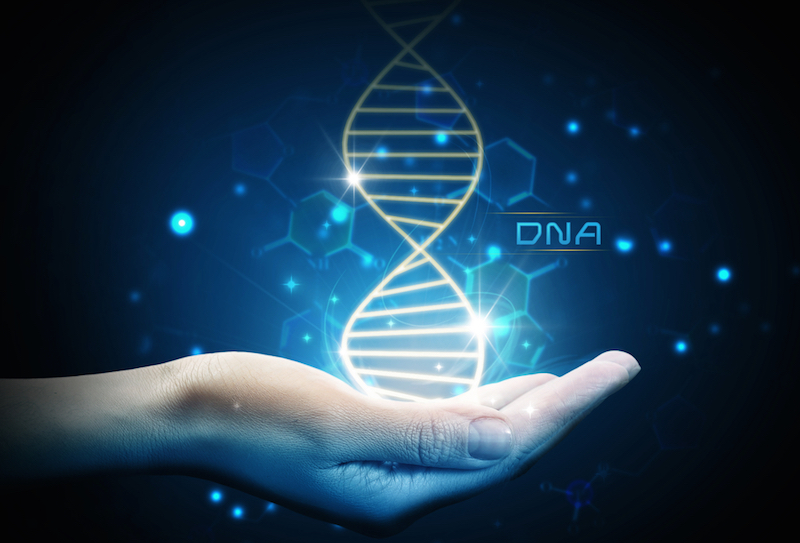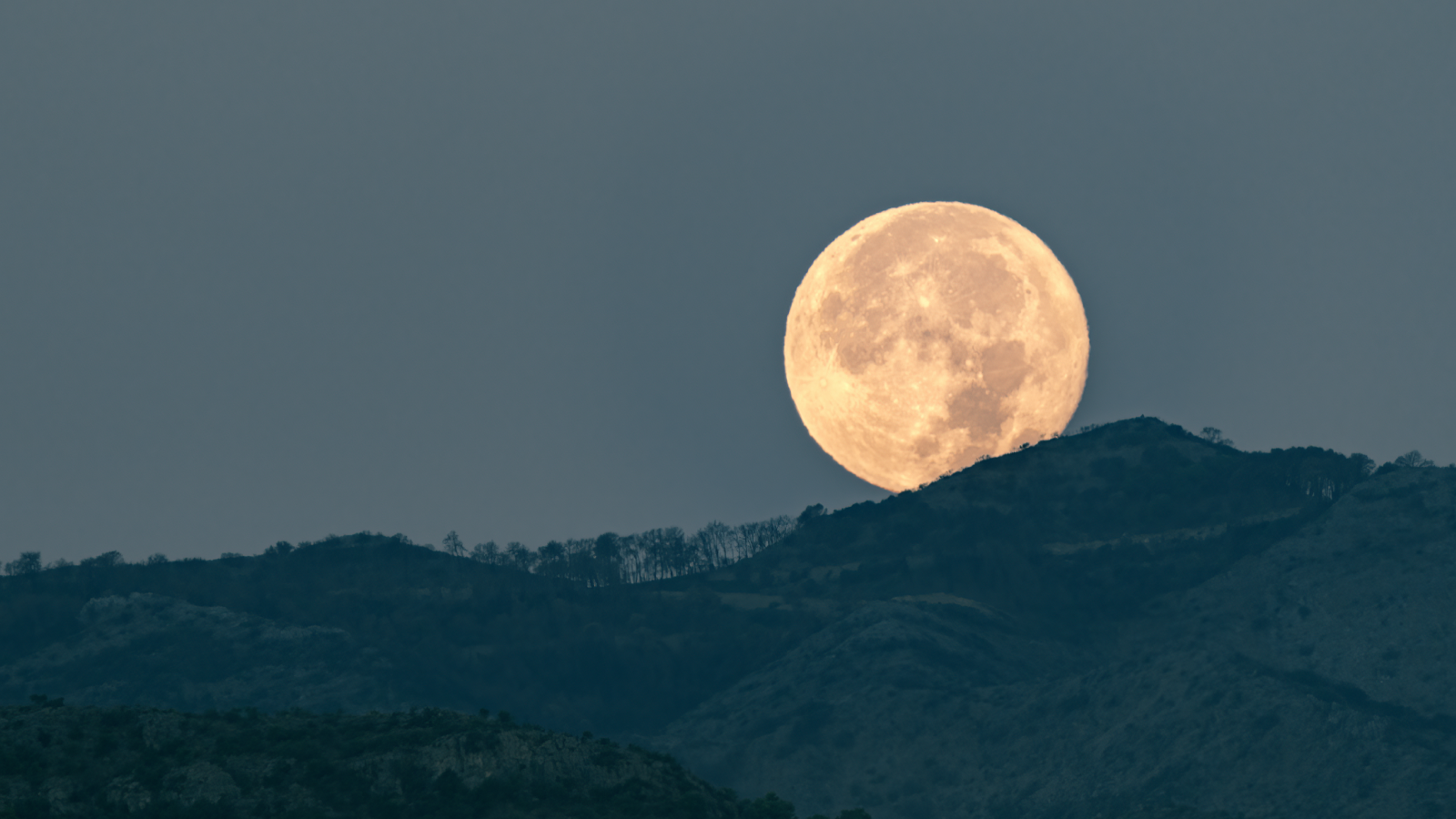Creativity May Be Genetically Linked with Psychiatric Disorders

There may be an overlap between the genetic components of creativity and those of some psychiatric disorders, according to a new study.
In the study, researchers looked at genetic material from more than 86,000 people in Iceland and identified genetic variants that were linked with an increased risk of schizophrenia and bipolar disorder. The investigators then looked for these variants in a group of more than 1,000 people who were members of national societies of artists, including visual artists, writers, actors, dancers and musicians in Iceland.
The study revealed that the people in these artistic societies were 17 percent more likely to carry those variants linked with the mental health conditions than were people in the general population, who were not members of these societies.
"The results of this study should not have come as a surprise, because to be creative, you have to think differently from the crowd," study author Kari Stefansson, the founder and CEO of deCODE, a genomic analysis company, said in a statement. "And we had previously shown that carriers of genetic factors that predispose to schizophrenia do so." [5 Controversial Mental Health Treatments]
The investigators also looked at the link between creativity and psychiatric disorders using a different data set, from four studies previously conducted in the Netherlands and Sweden, which involved about 35,000 people. This group included people who worked in the fields of visual arts, music, dance, writing and theater, as well as those who worked in other professions. This study showed that the people who worked in the creative professions were almost 25 percent more likely to carry the genetic variants related to the psychiatric disorders than were people who worked in other occupations.
In a previous study, published in 2013 in the Journal of Psychiatric Research, researchers found that when they compared all people working in creative professions with people working in other professions, the creative people were not more likely than people in other professions to be diagnosed with psychiatric disorders overall. However, the creative professionals were at an increased risk of having bipolar disorder, and in addition, people who were writers were more likely to be diagnosed with psychiatric disorders in general.
Previous research has also shown that family members of people with schizophrenia or bipolar disorder are overrepresented in creative professions, the researchers said.
Get the world’s most fascinating discoveries delivered straight to your inbox.
The new study "is partially confirming long-held beliefs about commonalities between creativity and psychosis," said Dr. Alan Manevitz, a clinical psychiatrist at Lenox Hill Hospital in New York City, who was not involved in the study.
However, "the authors don't necessarily define what kind of creativity they are talking about," Manevitz told Live Science. There is a difference between people who may identify themselves as being creative, and people who actually work in creative professions, he said.
It is not clear whether the genetic link found in the study may apply to people who feel they are creative, or only to those who actually produce high-quality creative work, he said.
"Creative thinking occurs in rational, conscious frames of mind, not altered or transformed states," Manevitz said. Therefore, having a full-fledged psychosis, in which a person's rationality is altered, does not contribute to creativity.
However, if someone had a family member who had a serious psychiatric disorder, the genetic variants that this person carries may translate into a "diluted" form of a mental illness, that could in fact be conducive to creativity, if the traits are mild enough that they do not interfere with the person's ability think rationally, Manevitz said.
The study was published today (June 8) in the journal Nature Neuroscience.
Follow Agata Blaszczak-Boxe on Twitter. Follow Live Science @livescience, Facebook & Google+. Originally published on Live Science.
 Live Science Plus
Live Science Plus





